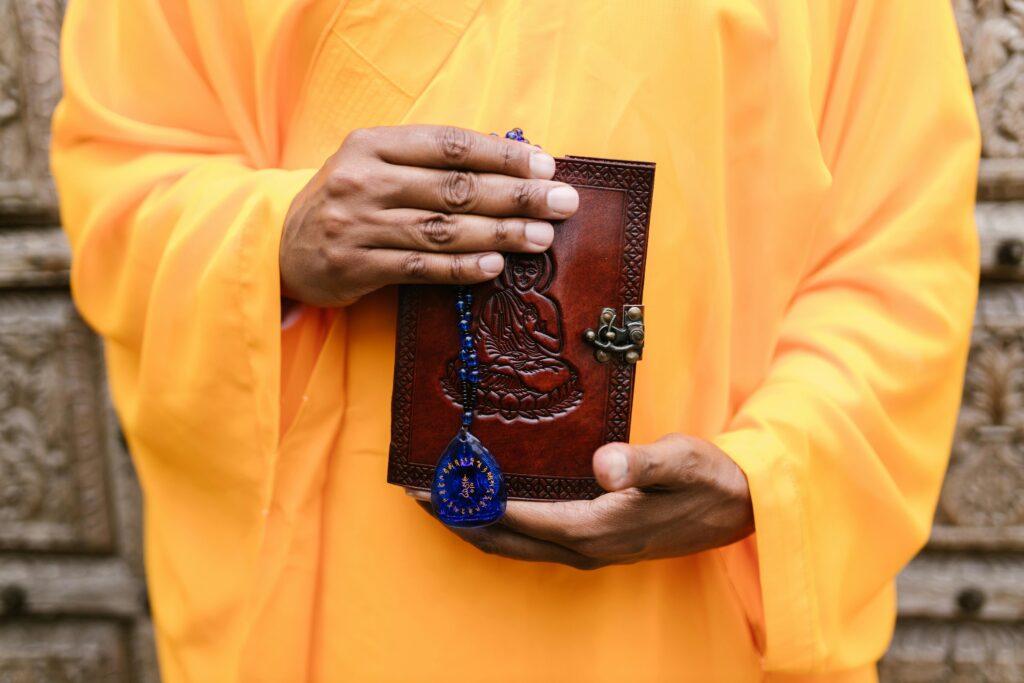The Buddhist teaching of “Right Speech” holds a significant place as one of the pillars of the Noble Eightfold Path. Right Speech is not only about avoiding false statements or refraining from slander but extends to the use of words that promote understanding, compassion, and peace. Rabbis for Human Rights (RHR), an Israeli human rights organization, exemplifies the principles of Right Speech by acting as a voice of conscience in Israel, advocating for human rights, and using their words to foster understanding and compassion in a deeply complex and conflict-ridden region.
Right Speech in Buddhism:
Buddhism emphasizes the importance of Right Speech as an integral component of ethical conduct and spiritual growth. The Buddha himself taught, “In the case of words that the Tathagata [the Buddha] knows to be unfactual, untrue, unbeneficial, unendearing and disagreeable to others, he does not say them” (MN 58.8). This quote encapsulates the essence of Right Speech, emphasizing not only the avoidance of falsehoods but also the consideration of the impact of words on others.
Right Speech is characterized by:
- Truthfulness: Speaking truthfully and accurately, avoiding falsehoods and deceit.
- Harmony: Promoting harmony and reconciliation through words.
- Gentleness: Using gentle, kind, and compassionate words.
- Beneficial: Ensuring that speech benefits and uplifts others.
- Mindful: Speaking mindfully, with awareness of the consequences of words.
Rabbis for Human Rights (RHR) is an Israeli organization that operates within a region fraught with conflict and tension. In their pursuit of human rights and social justice, RHR embodies the principles of Right Speech in the following ways:
- Truth and Advocacy: RHR speaks out against human rights violations and injustices in Israel and the Palestinian territories. Their commitment to truth aligns with Right Speech’s emphasis on speaking factually and accurately.
- Compassion and Harmony: Despite the contentious nature of the issues they address, RHR approaches their advocacy with compassion and a commitment to reconciliation. They serve as a voice of conscience, aiming to foster understanding and peace among different communities.
- Beneficial Speech: RHR’s work benefits not only the marginalized and oppressed but also the broader community by raising awareness about human rights issues. Their words have the potential to inspire positive change and empathy.
- Mindful Communication: RHR engages in thoughtful, deliberate communication. They carefully choose their words to ensure their message is both impactful and sensitive to the context.
- Protection of Olive Harvest: One notable example of RHR’s work that aligns with Right Speech is their initiative to protect the Palestinian olive harvest from vandalism and assault by settlers. By acting as human shields, they use their presence and words to deter violence and promote peaceful coexistence.
- Opposition to the West Bank Barrier: RHR’s stance against the Israeli West Bank barrier, especially when it leads to land expropriation and division of villages, reflects their commitment to preserving the rights and livelihoods of Palestinian communities.
Now, consider the story of the “Golden Needle and the Iron Needle” to illustrate the significance of Right Speech in Buddhism and its relevance to Rabbis for Human Rights. In ancient India, during the time of the Buddha, there was a story of two needles – one made of gold and the other made of iron. A wise sage asked his disciples, “Which of these needles should be used to sew clothes together?” The disciples, expecting a trick question, hesitated.
The sage explained, “The golden needle is precious and valuable, but it would destroy the fabric as it is too sharp and rigid. The iron needle, on the other hand, is strong but gentle, and it can sew the fabric together without causing harm.”
This story conveys the idea that while truth is precious, it must be delivered with gentleness and compassion, much like the iron needle, to mend the fabric of society and human relationships. It embodies the essence of Right Speech, which balances truth with kindness and consideration.
In essence, Rabbis for Human Rights exemplify the Buddhist concept of Right Speech by advocating for human rights, truth, compassion, and reconciliation in a challenging and sensitive environment.
Conclusion
The teachings of Buddhism on Right Speech emphasize the ethical use of words to promote understanding, compassion, and peace. Rabbis for Human Rights, through their advocacy and actions, embody these principles in their pursuit of justice and human rights in Israel and the Palestinian territories. The story of the Golden Needle and the Iron Needle underscores the importance of delivering truth with gentleness and consideration, a lesson that RHR exemplifies as they work tirelessly to mend the fabric of a deeply divided society. In the words of the Buddha, “Speak only endearing speech, speech that is welcomed. Speech, when it brings no evil to others, is a pleasant thing” (SN 1.193). Rabbis for Human Rights serve as a shining example of how words can be used to bring about positive change and promote harmony in a world filled with conflict.
